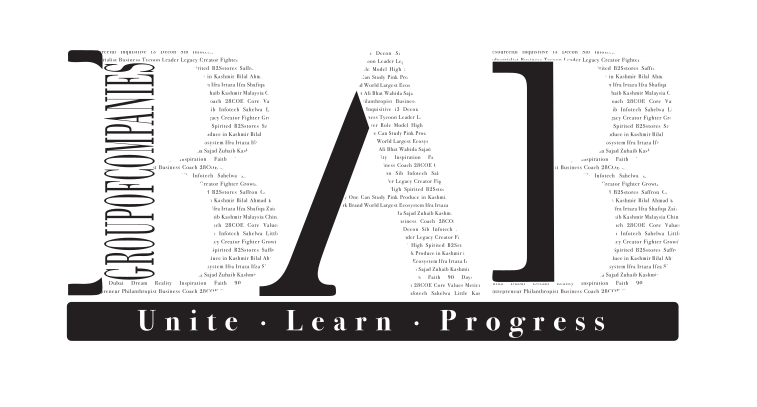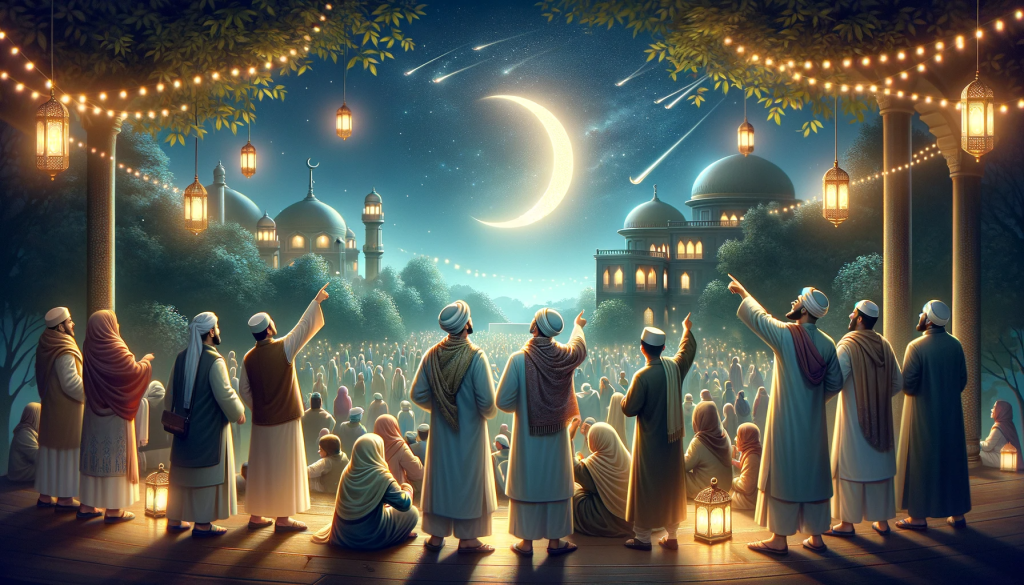Is one of the most significant and joyous Islamic festivals celebrated by Muslims worldwide. It marks the end of Ramadan, the holy month of fasting observed by Muslims around the world. In this comprehensive guide, we’ll delve into the date, history, significance, and all you need to know about Eid-ul-Fitr and its celebrations in 2024.
Date of Eid-ul-Fitr 2024
The date of Eid-ul-Fitr is determined by the lunar Islamic calendar, which is based on the sighting of the moon. In 2024, Eid-ul-Fitr is expected to be celebrated on Wednesday, 10Th. April and it is subject to the moon sighting.
History and Significance
Eid-ul-Fitr holds immense historical and religious significance in Islam. It commemorates the end of Ramadan, during which Muslims fast from dawn to sunset as an act of worship, self-discipline, and spiritual reflection. The festival signifies the completion of this sacred month and is a time of gratitude, joy, and community celebrations.
According to Islamic tradition, Eid-ul-Fitr was established by the Prophet Muhammad after he migrated to Medina. The Prophet encouraged Muslims to celebrate two days of festivity, which later became known as Eid-ul-Fitr and Eid-ul-Adha. The festival is rooted in the teachings of Islam, emphasizing charity, compassion, unity, and gratitude to Allah for the blessings received during Ramadan.
Eid-ul-Fitr Celebrations
Eid-ul-Fitr celebrations are characterized by various rituals, customs, and festivities that bring communities together in joyous gatherings. Some of the key aspects of Eid-ul-Fitr celebrations include:
Sighting of the Moon: The festival begins with the sighting of the new moon, signaling the end of Ramadan and the start of Eid-ul-Fitr.
Prayer Services: Muslims gather in mosques or open spaces to perform special Eid prayers known as “Salat-ul-Eid.” These prayers are led by an Imam and involve specific supplications and recitations.
Charity and Zakat-ul-Fitr: Eid-ul-Fitr encourages acts of charity and generosity, particularly through Zakat-ul-Fitr, a form of obligatory charity given to the less fortunate before Eid prayers.
Eid Greetings and Wishes: People exchange heartfelt greetings and wishes, such as “Eid Mubarak” (Blessed Eid) and “Eid Sa’id” (Happy Eid), expressing joy, love, and unity.
Family Gatherings: Eid-ul-Fitr is a time for families to come together, share meals, exchange gifts, and enjoy festive gatherings with loved ones.
Feasting and Special Foods: Delicious feasts and traditional dishes are prepared to mark the occasion, including sweet treats like “Sheer Khurma” (a vermicelli pudding) and “Eid cookies.”
New Clothes and Decorations: It is customary for Muslims to wear new clothes, adorn their homes with decorations, and create a festive atmosphere during Eid-ul-Fitr.
Visiting Relatives and Friends: People visit relatives, friends, and neighbors to extend Eid greetings, share meals, and strengthen social bonds.
Community Events: Many communities organize Eid carnivals, cultural performances, charity events, and festive markets to celebrate the spirit of Eid-ul-Fitr.
Conclusion
Eid-ul-Fitr is a joyous and spiritually enriching festival that holds deep cultural, religious, and communal significance for Muslims worldwide. It is a time of reflection, gratitude, unity, and celebration, bringing people together in acts of worship, charity, and fellowship. As Muslims observe Eid-ul-Fitr in 2024, the spirit of love, compassion, and peace permeates communities, fostering a sense of belonging and togetherness. Eid Mubarak to all!

